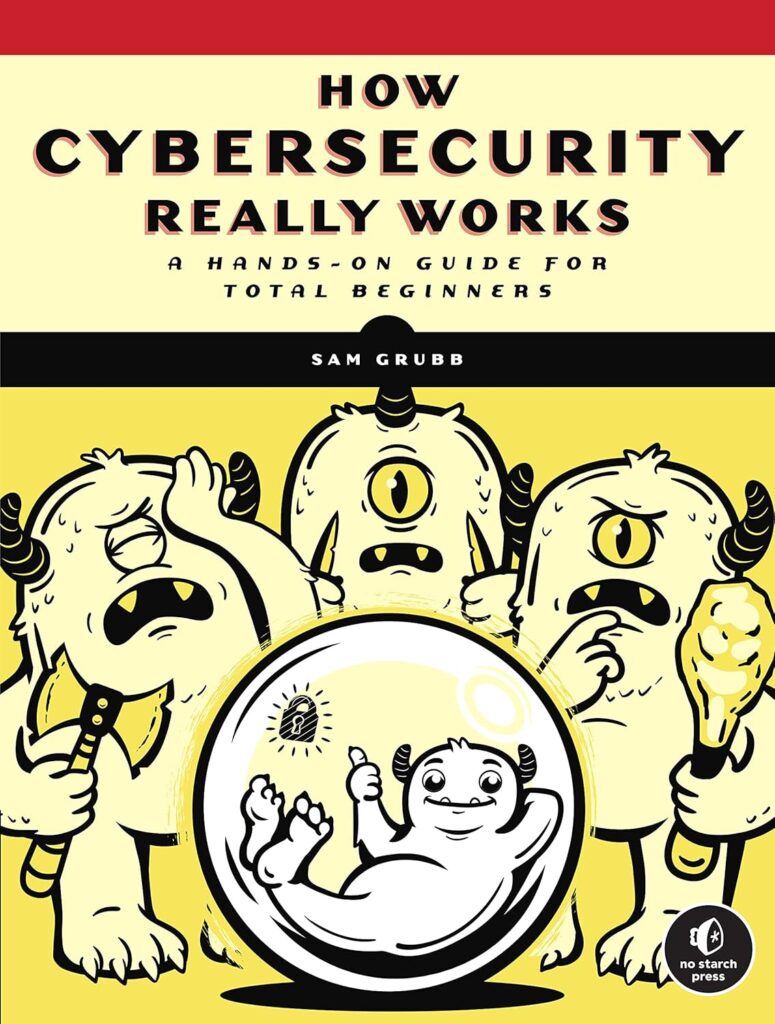How to Become a Data Scientist in 6 Months
Information about how to become a data scientist in 6 months has been hard to come by but we found this interesting, so sharing it with you!
What do you think of this approach?
Do you think it could work? If so, why? If not, why not?
1) Where to start?
The list of tools you need is fairly straightforward. First, you’ll need a laptop and an IDE that supports Python, like Anaconda (Anaconda allows you to install all of these tools without setting up dependencies and conflicting software).
You’ll also want access to some larger datasets. For example, Kaggle has tons of data sets that are fun to explore using these tools.
You’ll also want at least one machine learning library that can help you on your way towards building your first model.
We recommend starting with scikit-learn if you’re new; it handles a wide variety of problems well and is written in very clean code.
2) Learn Python
While there are a ton of different programming languages out there, Python is one of those few that’s considered easy to learn by data scientists.
As opposed to Java or C++, you won’t have to spend hours digging through the documentation before you can actually start writing useful code.
The syntax is pretty simple and easy on newbies, which will make it easier for you to get started when learning how to become a data scientist in 6 months.
Another reason why Python is one of those data science holy grails: It can do basically anything.
3) Books, Courses and Resources
A lot of data scientists begin their careers with some kind of formal training. According to LinkedIn, over 85% of employers want new hires with relevant educational backgrounds.
But not everyone can afford to take a break from work or has access to data science boot camps. That’s why there are hundreds (if not thousands) of online resources available for people who want to become data scientists quickly and without spending much money.
4) Learn R or other languages
Once you’ve convinced yourself data science is your calling, learning how to code is just as important as learning your subject matter.
The days of having one person create an entire model from scratch are over (but so are days when that person just had Excel and SQL skills).
Instead, today’s data scientists must be able to collect and manipulate data using languages like R or Python.
Once you’ve got that down, play around with some other machine-learning tools like Apache Spark or even Google’s recently open-sourced TensorFlow.
Before long, you’ll have a much better idea of what working in data science actually looks like—and more importantly, whether it’s right for you.
5) Get certified
Organizations like Cloudera and Hortonworks offer some of the top certifications for aspiring data scientists.
These certificates aren’t easy to get; they require students to demonstrate competency with both programming and administration tasks.
They can also be time-consuming—taking six months or more depending on your study habits.
Still, once you have them, it’s not hard to find a job as they’re highly sought-after positions.
To become certified you’ll need industry experience in addition to formal education or training—but don’t worry if you’re coming from a different field; individuals who have never worked with data before are becoming certified all of the time.
6) Apply your knowledge
Though companies are now more open than ever to candidates with diverse backgrounds, they still might not be willing to hire someone who has no relevant experience.
That’s why it’s important to build up your skills and take advantage of any opportunities that will get you closer to your goal.
You can do so by applying your knowledge in a part-time data scientist position at an analytics firm or startup.
You can also learn through self-teaching or enrolling in an intensive boot camp that focuses on data science techniques. Or create your own websites and showcase your capabilities.
Once you have those skills, you should start applying for jobs as a full-time employee at either big tech companies like Facebook or small firms where data scientists are needed, such as startups that need someone with digital expertise.
Artificial Intelligence and Data Science » finnstats




